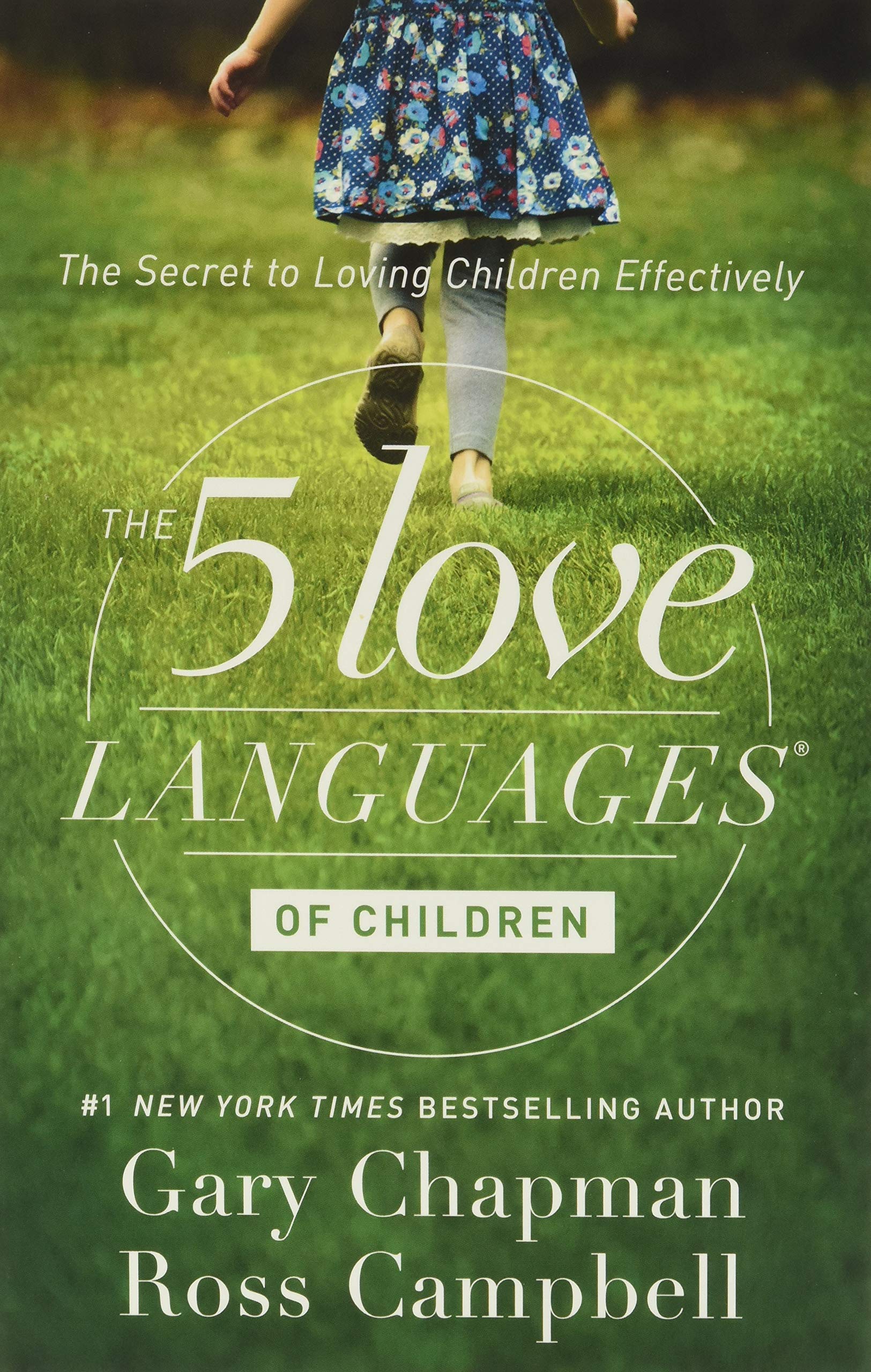 Like many couples preparing for marriage, my husband and I were charged with reading “The 5 Love Languages” by Gary Chapman during a premarital preparatory class.
Like many couples preparing for marriage, my husband and I were charged with reading “The 5 Love Languages” by Gary Chapman during a premarital preparatory class.
To be transparent, we quickly skimmed the book and took the obligatory test the day before it was due and didn’t actually put much stock into the theory itself. We were young; love was just love, and that’s all there was to it.
Now let’s fast forward a few years. We’re knee deep in parenting a kindergartener. My husband travels for work frequently. Our formerly calm weekends have become jam packed with “big kid things.” Time is now a commodity for all of us.
While perusing my bookshelf for something to calm my mind after a particularly rough night, I came across the book we so quickly cast aside a lifetime ago. I looked at it for a moment and realized: “I get it now.” I understood why it’s crucial to know the love languages of people who are important to us, especially for those seasons in life where things are busy and quiet time is rare.
I cracked open the book, read a little bit, and — shockingly — didn’t start reflecting on my marriage and relationship with my partner. Instead, all I could think about was my parenting.
How much better of a parent could I be if I implemented the love languages theory with my daughter?
I say, “I love you” instinctively in various forms at least a hundred times per day and receive the standard, “I love you, too.”
But how many of those “I love yous” are felt deeply, taken to heart, and really count? Do I really make my child feel loved, or do I just tell her she’s loved? I knew the answer, and it felt like a punch in the gut.
So I kept reading, which evolved into reading and note taking. A few hours, several quizzes, and an excel spreadsheet later, I knew my parenting had changed forever.
There are five identified love languages: acts of service, physical touch, quality time, receiving gifts, and words of affirmation. You can be a mix of several love languages or have one clear preference. (There is an easy quiz HERE to find out. And I very strongly recommend reading the version of the book that is geared to parenting, “The 5 Love Languages of Children: The Secret to Loving Children Effectively.”)
 The part that was most impactful for me, though, was sitting down with my daughter and helping HER take the quiz. As it turned out, the ways in which I was showing her the most love were not the ways she primarily received love. I reflected on all the tantrums, arguments, tough moments, and big feelings she’s had since starting kindergarten.
The part that was most impactful for me, though, was sitting down with my daughter and helping HER take the quiz. As it turned out, the ways in which I was showing her the most love were not the ways she primarily received love. I reflected on all the tantrums, arguments, tough moments, and big feelings she’s had since starting kindergarten.
How many of those moments, at their core, could be attributed to her not feeling loved in that moment? I was determined to do better. There are lots of different ways to show love to a child depending on their love language — here are some ideas I put together:
Physical touch
One of my daughter’s love languages is physical touch, and she thrives on extra long hugs, kisses in the palms of her hand (think of “The Kissing Hand”), and snuggles before bed. While I did do these things before, putting more intention behind them changed the outcome.
Words of affirmation
A child who feels most loved through words of affirmation might love little notes in their lunchbox, specific compliments (as opposed to general praise, like, “You did a great job”), or hearing you tell a friend or family member good things about them.
Receiving gifts
This love language is not about material things, but rather about the intention and thoughtfulness behind a gift. A handmade note or card, giving them something you had during your childhood, making a photo album, or bringing a small piece of candy especially for them to have on the way home from school are great examples of the kinds of gifts this love language refers to.
Quality time
Scheduling one-on-one time with a child is a great way to make sure you’re spending quality time with them. Choosing something your child enjoys, like a trip to the park or an ice cream date, lets them know you’re thinking about them. Uninterrupted conversation and undivided attention are essential for those whose love language is quality time.
Acts of service
This may seem to be a given, since we “serve” our children all the time. But it goes much deeper than that. Acts of service can be summarized by the adage “actions speak better than words.” For this child, cleaning with them, making breakfast after you know they were up late studying, or working together on a fun project would make them feel supported and loved.














